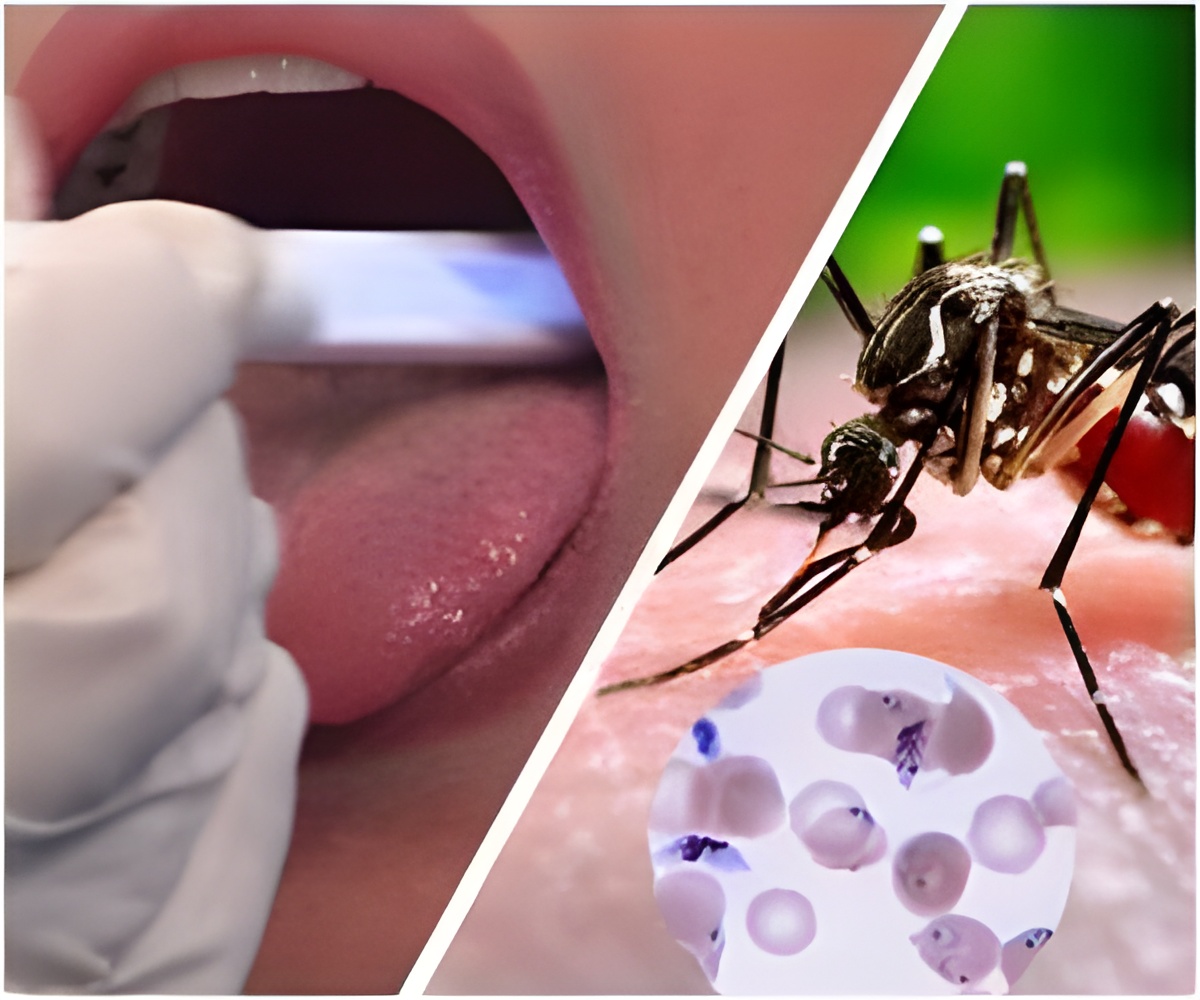Supplementing young Tanzanian children with zinc - either alone or in combination with other multi-nutrients — does not protect against malaria.

The authors randomly assigned 612 children from a rural area of Tanzania aged between 6 months and 5 years to receive daily oral supplements containing zinc alone, multi-nutrients without zinc, multi-nutrients with zinc, or no micronutrients (placebo) and found that the incidence rate of malaria in all four intervention groups was very similar (about 3 episodes a year). None of the supplements had any effect on malaria rates when compared to the placebo, even though the occurrence of zinc deficiency was strongly reduced by zinc supplementation in the trial.
In a further analysis, the authors suggested that multi-nutrient supplementation might be harmful as it increased the risk of malaria in children with iron-deficiency.
The authors say: "Despite a high prevalence of zinc deficiency, excellent compliance, and few drop-outs, we found no evidence from this trial that preventive zinc supplementation, alone or with multi-nutrients, reduced rates of febrile attacks of malaria."
They add: "We have presented evidence that multi-nutrient supplementation may increase the risk of malaria in children with iron deficiency, strengthening earlier concerns about the safety of multi-nutrient supplementation in malaria-endemic areas, even in settings with good access to health care and appropriate treatment."
The authors conclude: "when results from all trials are considered together, there is no evidence that zinc interventions can reduce the burden of malaria in African children."
Advertisement
Source-Eurekalert












